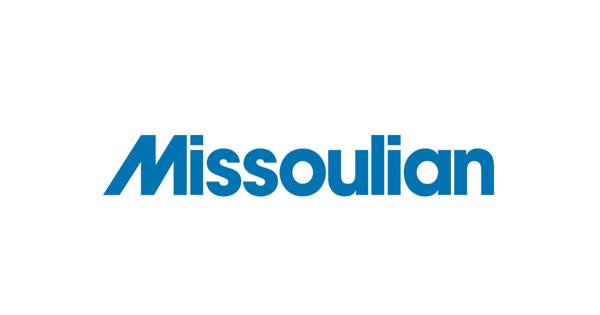We refer to Montana as “The Last Best Place” for a good reason. Every year, millions of visitors come to experience our state’s stunning landscapes and vibrant communities, providing crucial support to nearly 50,000 Montana jobs and injecting at least $5 billion into our state’s economy annually, as reported by a study from the University of Montana. This influx of revenue has been essential for our recovery from the pandemic, serving as a lifeline for our hotels, local restaurants, and numerous small businesses.
I understand the significance of these visitors to our state’s economic well-being. Many tourists are able to afford trips to Montana through the use of credit card rewards points. With around one-third of Americans owning travel rewards credit cards, they can offset the costs of flights and accommodations with accrued points.
However, there is a concerning piece of legislation being debated in Congress that could potentially jeopardize these rewards programs, leading to detrimental effects on Montana’s tourism sector and, consequently, our overall economy.
People are also reading…
The Credit Card Competition Act (CCCA) resembles the Durbin Amendment from 2010, named after Senator Dick Durbin of Illinois. This measure enforced routing mandates on debit cards, compelling banks to use less secure payment networks for debit transactions.
As a result of the Durbin Amendment, banks and credit unions saw a decrease in interchange revenue. To offset this loss, they cut back on services like no-fee debit cards, debit card rewards, and free checking accounts. The main beneficiaries of the Durbin Amendment were large retailers, who profited by over $106 billion without passing on savings to consumers, according to a study by the Federal Reserve Bank of Richmond.
Despite these repercussions, Congress is contemplating expanding routing mandates to credit card transactions with the CCCA, potentially compounding the negative effects.
We can look to other countries that have implemented similar policies to predict the outcome. For instance, after Australia implemented this type of regulation on credit cards, the value of rewards points dropped by nearly 25%, and no-fee credit cards became scarce.
If the CCCA is passed, major retailers like Home Depot, Walmart, Amazon, and Costco stand to profit over $1 billion, while consumers may face the loss of no-fee credit cards and valuable travel rewards. Montana’s economy cannot withstand these losses – we need policies that promote tourism and make travel easier, not the other way around.
I urge our congressional representatives to reject this favoritism toward big retailers and advocate for Montana’s essential tourism sector. Our local businesses and hardworking families are depending on it.
Sen. Mark Noland is vice chairman of the Senate Business, Labor, and Economic Affairs committee. He represents Senate District 5 in the Flathead.





